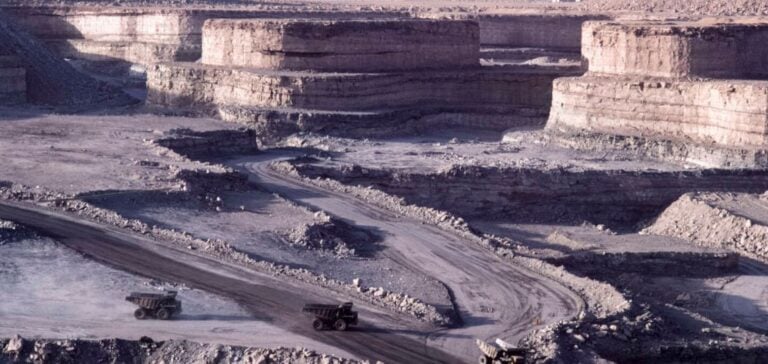The French Orano group recently relaunched preparatory work for the exploitation of one of the world’s largest uranium deposits, Imouraren, located in northern Niger. This project, which was suspended in 2011 after the Fukushima disaster, could considerably boost the local economy, while strengtheningOrano ‘s strategic position in the nuclear sector.
A complex economic and political context
Since the seizure of power by a military regime in July 2023, relations between Niger and its former allies, notably France, have been strained. Orano had to suspend operations in 2023, before resuming them in February 2024. The company has reopened its infrastructures and begun to welcome the construction teams needed to relaunch the project.
A deposit with multiple challenges
Imouraren, with its 200,000 tonnes of uranium reserves, represents a major challenge not only for Orano, but also for the Niger economy. The development of this deposit should create jobs and boost the regional economy. In 2023, Matthieu Davrinche, Managing Director of Imouraren SA, indicated that the final operating decision would be taken in 2028, after a test phase scheduled for 2024.
Logistical and geopolitical challenges
Despite the resumption of work, Orano faces major logistical challenges. The closure of borders and economic sanctions imposed by the Economic Community of West African States (Ecowas) have complicated the supply of essential chemical reagents. Although these sanctions have been lifted, problems persist in the supply chain, impacting production at the Somaïr mine, currently the only one in operation after Cominak’s closure in 2021.
Search for new partners
With the deterioration of relations with France, Niger is seeking to diversify its international partnerships. The military regime has strengthened its ties with Russia and Iran, causing concern in Washington, particularly in view of Iran’s growing stockpile of enriched uranium. Although Niger’s Prime Minister, Ali Mahaman Lamine Zeine, has declared that no agreement has been signed with Iran concerning uranium, the situation remains under scrutiny.
Orano’s relaunch of work on the Imouraren deposit represents a crucial turning point for Niger’s nuclear energy sector. Despite an unstable political context and major logistical challenges, this initiative could revitalize the local economy and reposition Orano on the world stage. Future developments will depend on Niger’s ability to stabilize its international relations and establish reliable supply logistics.






















